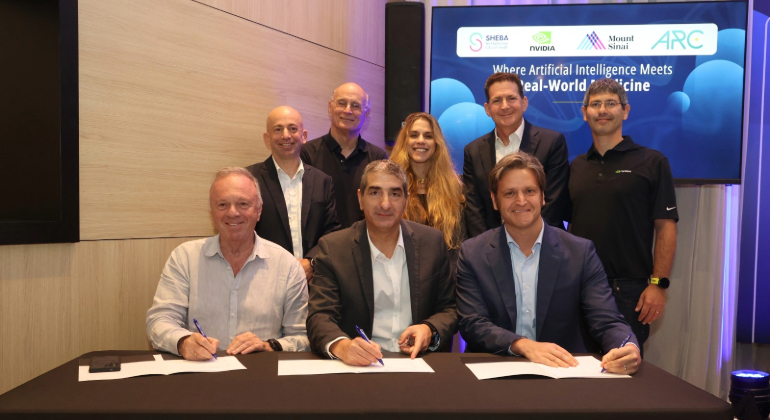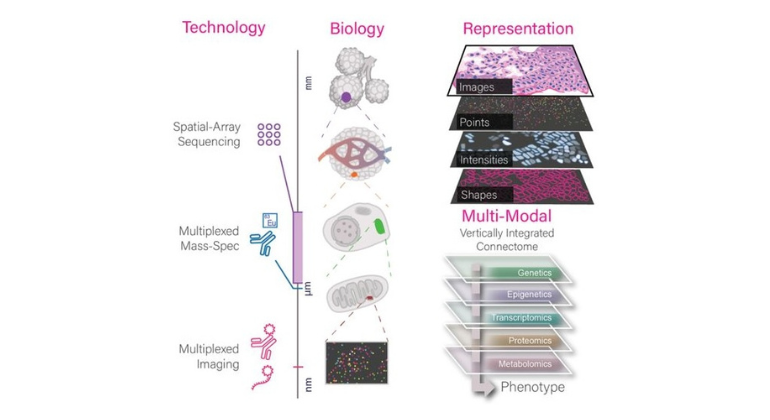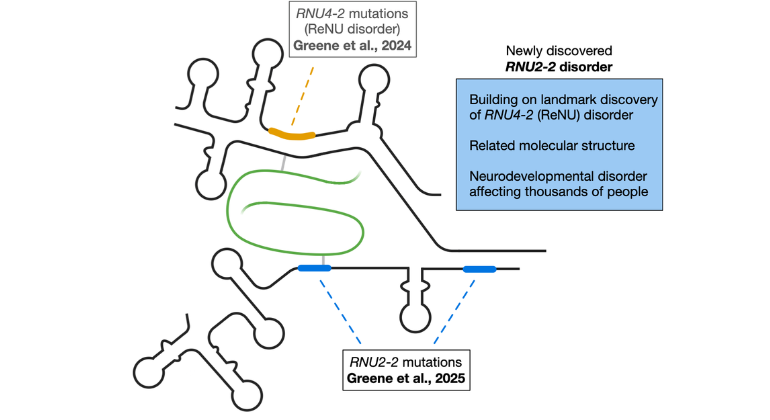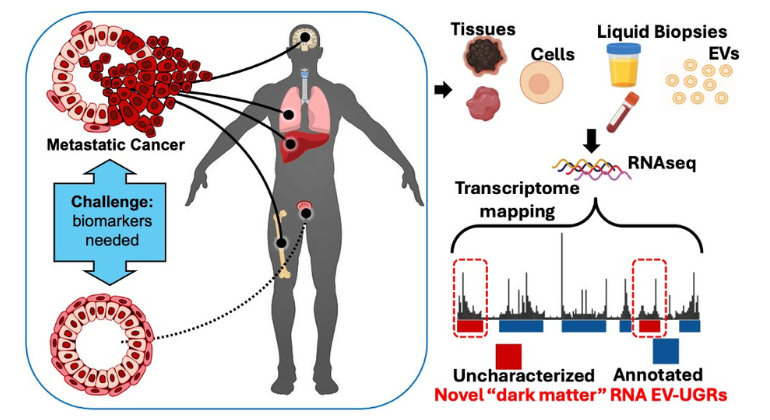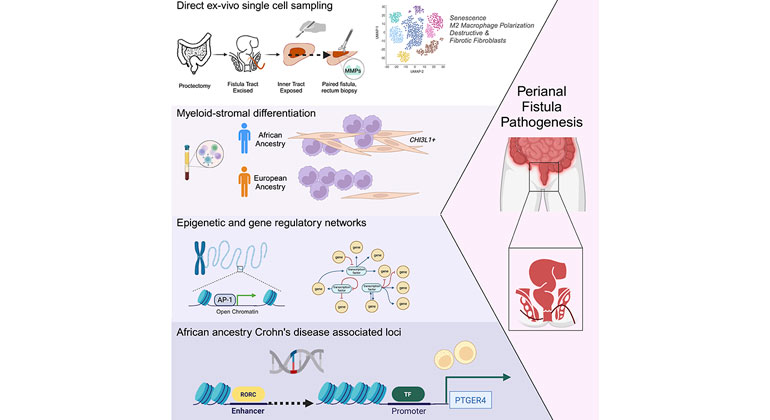Mount Sinai Launches New Precision Wellness ‘N1’ App
A medical science tool for individuals to compare the effectiveness of wellness-related treatments
Have you ever wondered whether your double latte really helps you function better in that early-morning meeting? Or if melatonin truly gives you better sleep at night? Now there’s a way to find out, thanks to a new mobile precision wellness iPhone app developed at the Icahn School of Medicine at Mount Sinai.
The app, known as N1, enables individuals to answer these kinds of questions in a statistically rigorous way. The app is also designed to address a pervasive problem in health and medicine—different treatments can work differently on different people. Some respond very well to acetaminophen, for example, while others feel no benefit. Trying to find the most effective treatment for yourself through trial and error can be challenging.
“We’ve taken the tools that power clinical research and for the first time made them available to the public,” says Noah Zimmerman, PhD, founding Director of the Health Data and Design Innovation Center at the Institute for Next Generation Healthcare (INGH). “Individuals can now use some of the statistical and methodological tools that scientists use.”
The app’s name is derived from what scientists call an “n-of-1” trial, in which individuals compare the effects of different treatments on themselves. The concept isn’t new, but n-of-1 trials haven’t been widely adopted because designing these kinds of studies from scratch can be expensive and require specialized expertise. The N1 app simplifies the process by defining the parameters of the experiment—outlining what treatments to try, when to take them, and what outcomes to measure. It then uses sophisticated statistics to analyze the data that users collect and generates individualized results summarizing the comparative effectiveness of the treatments.
“Through the use of technology, we are able to make these tools available to a much broader audience,” says Jason Bobe, MSc, Associate Professor of Genetics and Genomic Sciences at the Icahn School of Medicine at Mount Sinai, Director of Democratized Health Innovation at INGH, and Principal Investigator of the study. “The hope is the app will enable many more people to adopt the n-of-1 approach.”
Users must agree to share their data from the app—deidentified, in most cases—with Mount Sinai researchers, but can choose whether or not to share deidentified data with scientists outside Mount Sinai.
The app, now freely available in the Apple iOS store (but not yet available on Android), is launching with a specific experiment: the “coffee vs. tea challenge.” The goal of this study is to determine whether users get a better brain boost from caffeine or caffeine plus L-theanine, a naturally occurring compound found in green tea. Each morning, the app will instruct users to take caffeine or caffeine + L-theanine, from coffee, tea, or over-the-counter supplements. It will then deliver a series of brain teasers to assess creative thinking, processing speed, and visual attention.
“We are launching the app with a wellness-related experiment to give users a fun, interesting, and safe way to learn about the n-of-1 approach,” says Mr. Bobe.
Mr. Bobe and collaborators plan to roll out additional experiments designed to demonstrate how to use medical science to address common wellness-related issues, such as sleep problems or chronic pain. Some of these will take advantage of data from wearable devices and smartphone apps that many people already use for self-tracking. Eventually, the team hopes to adapt the platform so users will be able to design their own experiments. N-of-1 experiments may also provide individuals a way to assess the benefits of the myriad wellness products on the market, such as supplements or apps that claim to improve sleep or memory.
Though the N1 app will initially focus on wellness, these methods and tools may one day be more regularly used in clinical contexts. Some physicians already use n-of-1 experiments as an alternative to the trial-and-error approach often required to find the best treatment for their patients. For a patient suffering from chronic pain, for example, a physician might prescribe an n-of-1 experiment comparing acetaminophen (Tylenol) and ibuprofen (Advil). The N1 app could offer physicians an easier way to structure these comparisons.
“The N1 app gives users a tool to leverage data they may already collect to make informed decisions about real-world treatment dilemmas,” Dr. Zimmerman says. “We hope this will help people make data-supported choices about what really works for them.”
To learn more about the first n-of-1 trial, the Brain Boost Study, or to read the free guide to n-of-1 methods, visit the N1 app website: https://www.n1app.org/
About the Institute for Next Generation Healthcare
Mount Sinai’s Institute for Next Generation Healthcare (INGH) is a uniquely positioned research organization in the Icahn School of Medicine at Mount Sinai and the Mount Sinai Health System, founded and directed by Joel Dudley. INGH faculty, data scientists, clinicians, software developers, and students are committed to building a transformative model of healthcare through the unification of biomedical discovery, AI technology, digital health, and patient-driven platforms to make the future of medicine a reality today.
About the Mount Sinai Health System
Mount Sinai Health System is one of the largest academic medical systems in the New York metro area, with 48,000 employees working across seven hospitals, more than 400 outpatient practices, more than 600 research and clinical labs, a school of nursing, and a leading school of medicine and graduate education. Mount Sinai advances health for all people, everywhere, by taking on the most complex health care challenges of our time—discovering and applying new scientific learning and knowledge; developing safer, more effective treatments; educating the next generation of medical leaders and innovators; and supporting local communities by delivering high-quality care to all who need it.
Through the integration of its hospitals, labs, and schools, Mount Sinai offers comprehensive health care solutions from birth through geriatrics, leveraging innovative approaches such as artificial intelligence and informatics while keeping patients’ medical and emotional needs at the center of all treatment. The Health System includes approximately 9,000 primary and specialty care physicians and 10 free-standing joint-venture centers throughout the five boroughs of New York City, Westchester, Long Island, and Florida. Hospitals within the System are consistently ranked by Newsweek’s® “The World’s Best Smart Hospitals, Best in State Hospitals, World Best Hospitals and Best Specialty Hospitals” and by U.S. News & World Report's® “Best Hospitals” and “Best Children’s Hospitals.” The Mount Sinai Hospital is on the U.S. News & World Report® “Best Hospitals” Honor Roll for 2025-2026.
For more information, visit https://www.mountsinai.org or find Mount Sinai on Facebook, Instagram, LinkedIn, X, and YouTube.
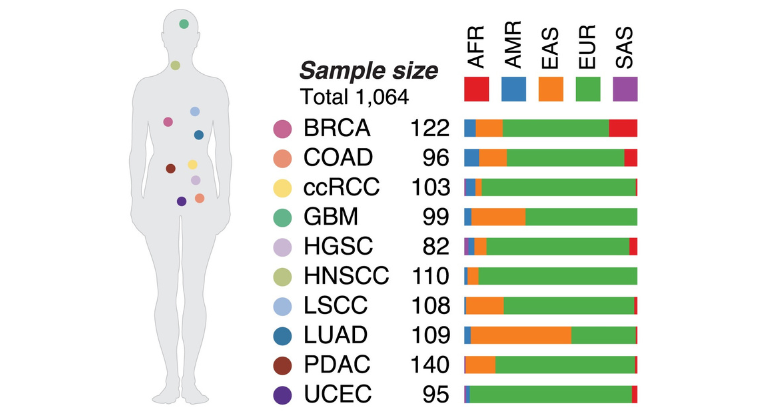
Study Reveals How Inherited Genes Help Shape the Course of Cancer
Apr 14, 2025 View All Press Releases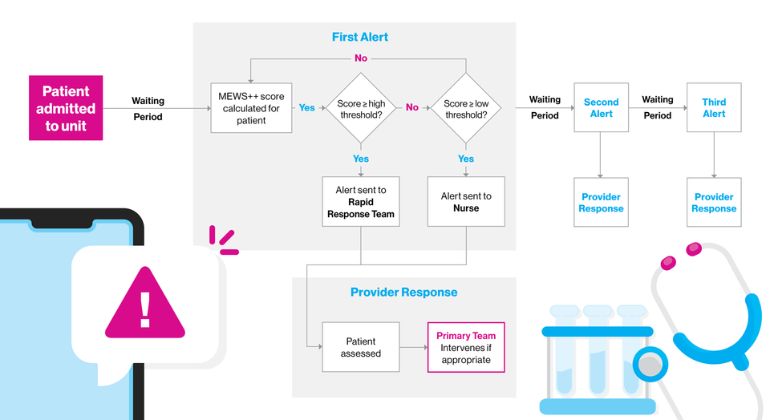
AI Can Help Doctors Make Better Decisions and Save Lives
Jun 13, 2024 View All Press Releases